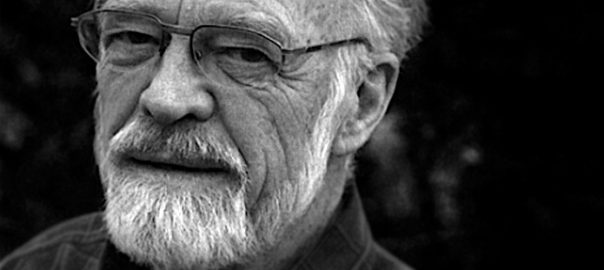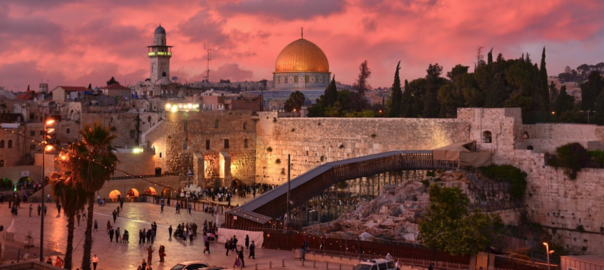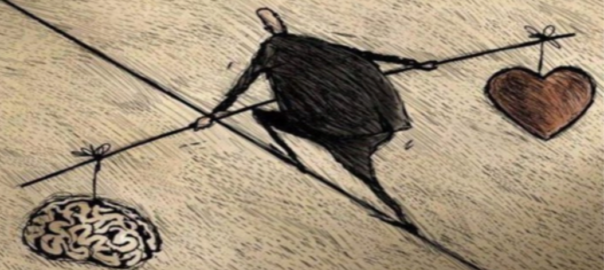
Reflections and resolutions are part of the in between moment as we prepare for 2019. Rather than offer self-help palliatives and platitudes, I suggest that we consider history and hope for our community, nation and world. Here are some reflections and resolutions for our local and global communities.
Mr. President, confrontation and personal attacks are not always the best way for promoting policies for all people. Please consider greater conciliation and principled compromise and stop the personal attacks.
Republican and Democratic Congressional Leaders, you can get your revenge or actually legislate. You can investigate for two years or build a legacy of goodness. You can start your Presidential campaigns or actually help your constituents.
Members of the media, your partisan “gotcha!” journalism has only exacerbated tensions. How about serious investigations of facts and explorations concerning solutions instead on one more hit piece?
Friends of conscience and goodwill, we can begin making the world a better place by discussing serious issues with civility and leaving ad hominem attacks at the door. We can renew our neighborhoods and our nations with new partnerships for the common good.
Lust for power is more potent than money and sex. Will we use our positions and privileges to serve or simple aggrandize more authority? Will we remember why we began a pathway of leadership or will we default into self-protective modes?
2019 can be a great year of courage and wisdom, or a terrible year of anger and competition. May we choose well.




